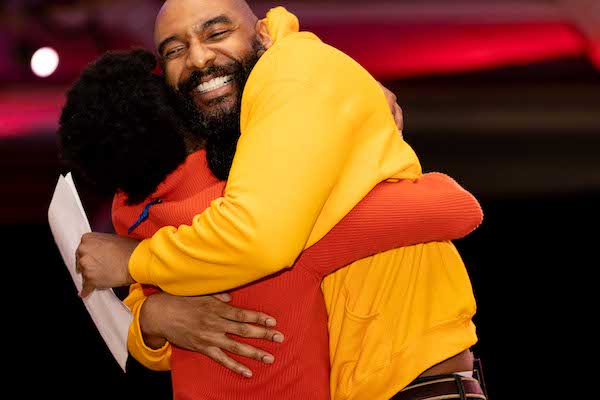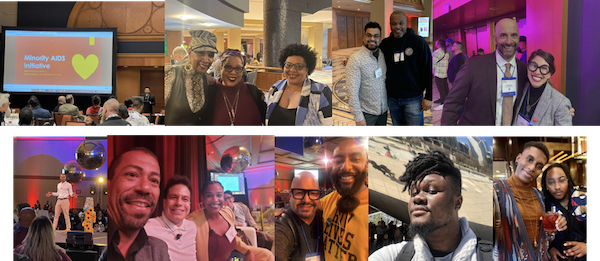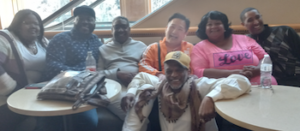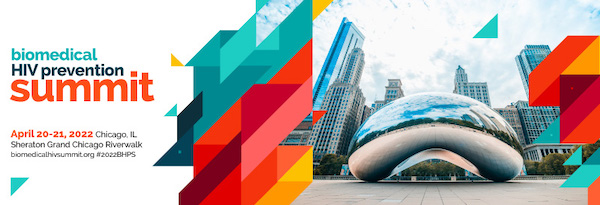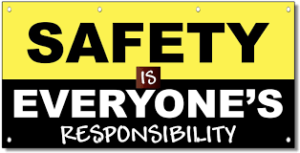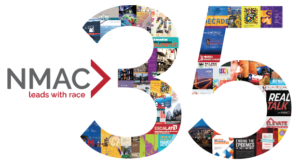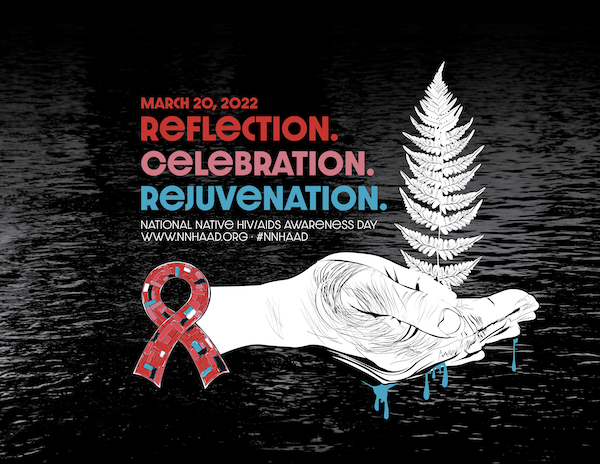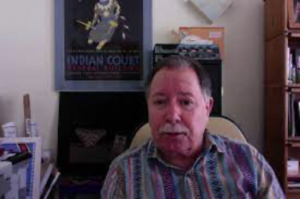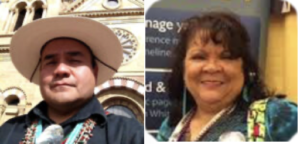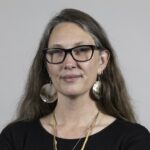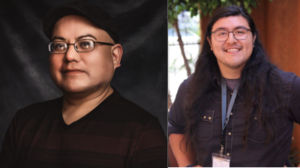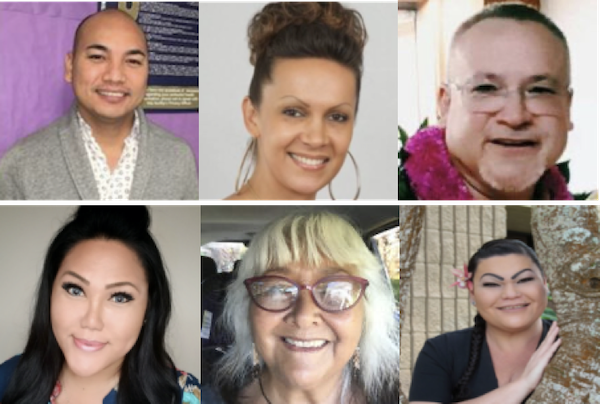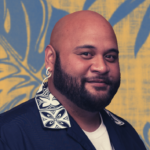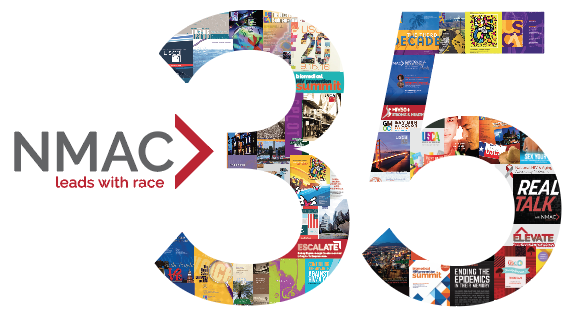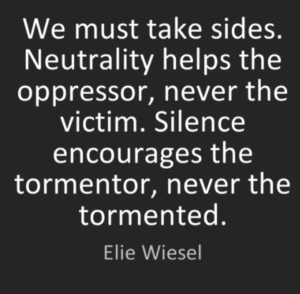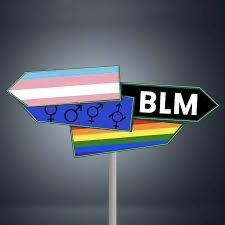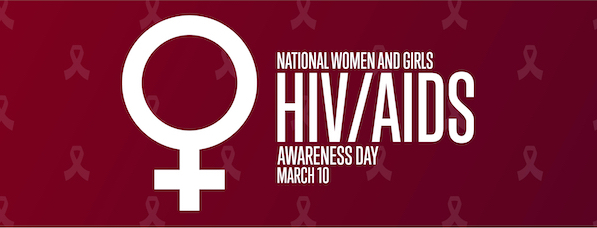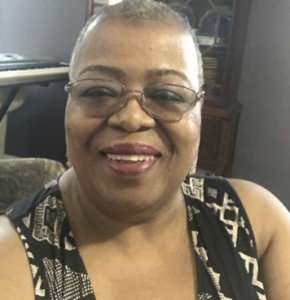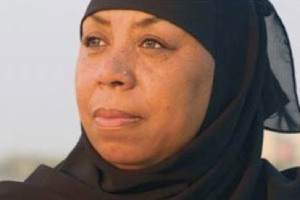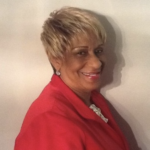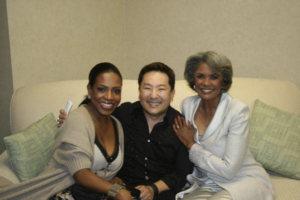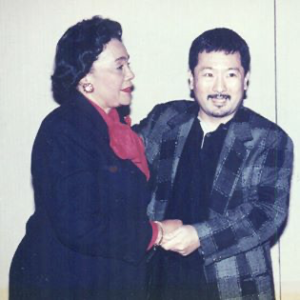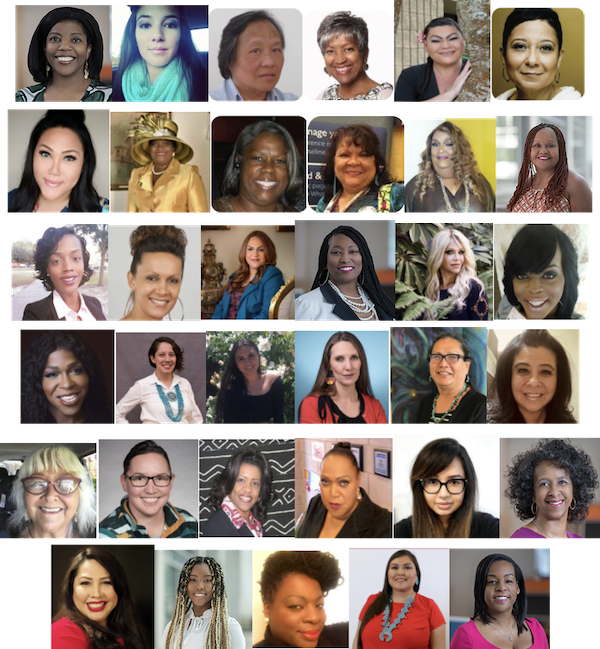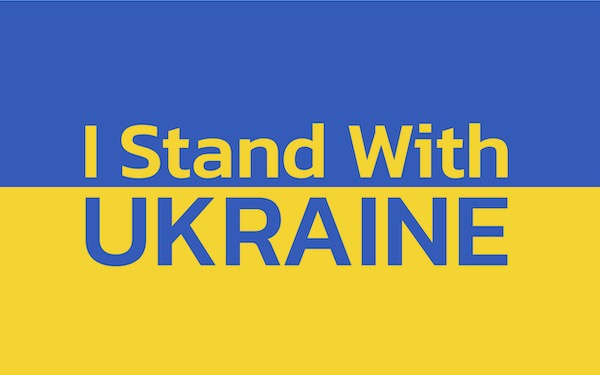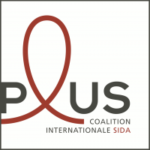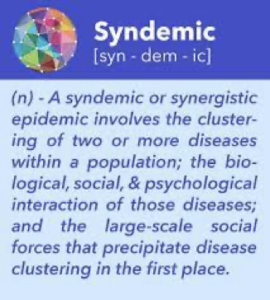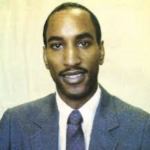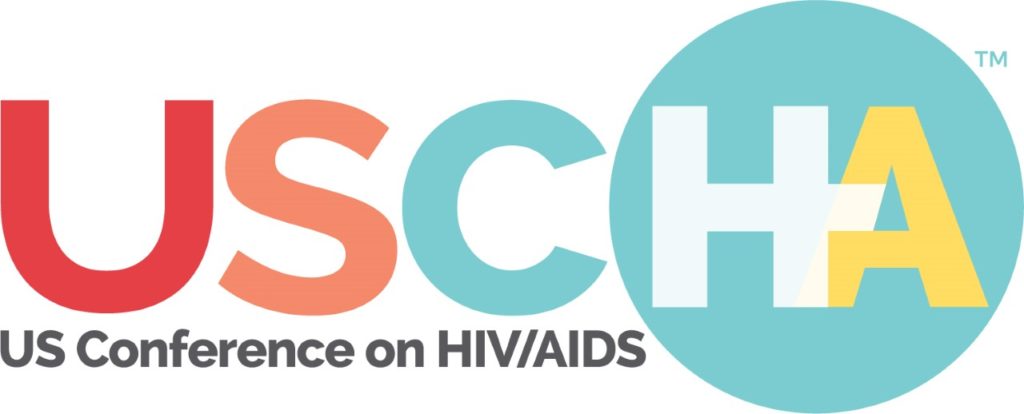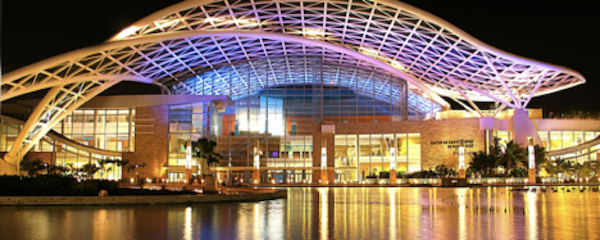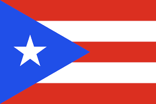1,033 people attended the 2022 Biomedical HIV Prevention Summit. Thank you to everyone who made the meeting a success. After two years of isolation, I needed this meeting more than I realized. My chosen family heals my soul.
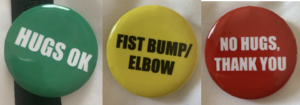
Buttons were the favorite swag. People wore them to signal their comfort hugging. I appreciate everyone who choose to wear a mask, as COVID is not over. There was only one request for a rapid COVID test and we don’t know the results. NMAC is committed to transparency. Our relationship is built on decades of trust and collaboration. That means sharing information no matter how difficult. If you got COVID please let us know so we can inform others.
Thank you for all the emails and social media posts. I agree it was good to be back together. Pictures posted on Facebook and Instagram document the diversity of our movement. A White friend shared that NMAC’s meetings were an important experience of what it means to be “other.” To be in a space where you are not the majority can be humbling and scary. It is important to understand, support, and, dare I say, love the communities our movement needs to reach. HIV introduced colleagues from different worlds and my life is so much richer. COVID gave a renewed appreciation for our friendships. Thank you for joining us in Chicago, it was amazing to be back together.
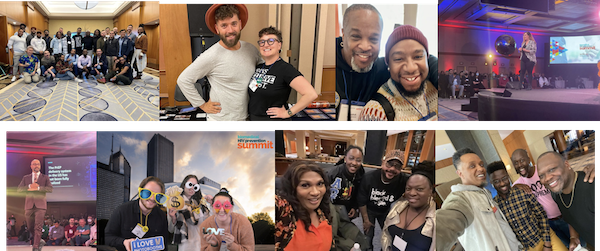
I did not speak at this year’s Summit. That was purposeful. At some point I’m retiring (this is not an announcement), so the agency works to bring new voices to the table, particularly NMAC employees. I’m proud and blessed to have staff who don’t need me. This allows me to be me. After 33 years on the job, it is still an amazing privilege to speak truth to power, to talk about race and not hide behind the “social determinants of health,” to celebrate being gay without the cover of “men having sex with men.” The Black AIDS Institute calls out being unapologetically Black in its solutions to end the epidemic and I’m there for it. NMAC works hard to make our meetings a safe space where people can be themselves. Right now, the world is very scary. It’s good to be with family during these difficult moments.
There was the public meeting and then there are the conversations that happened privately. In the past, people of color were mostly tokenized in these chats. We got to the table because Reggie Williams, Kiyoshi Kuromiya, Dennis deLeon, Marty Prairie, Janet Mitchell, and many others fought for us. NMAC’s backdoor discussions were about the Minority AIDS Initiative and the President’s national PrEP initiative. These two issues are intertwined with our fight for racial justice and health equity to end the HIV epidemic. History will judge what happened to the Minority AIDS Initiative, so we are fighting to make sure that lesson does not repeat.
I’m writing publicly about these conversations because there are millions and in the case of a national PrEP initiative, billions on the table. We desperately need a united front. This will be a test of our movement’s leadership. The fact that our struggle happens in the middle of the fight for the soul of America is not missed on me. It’s time to get busy. Right now, solutions are being considered that will impact our ability to end the HIV epidemic in America.
Yours in the Struggle,
Paul Kawata
NMAC
*Rita, thank you for the picture! We look good.
